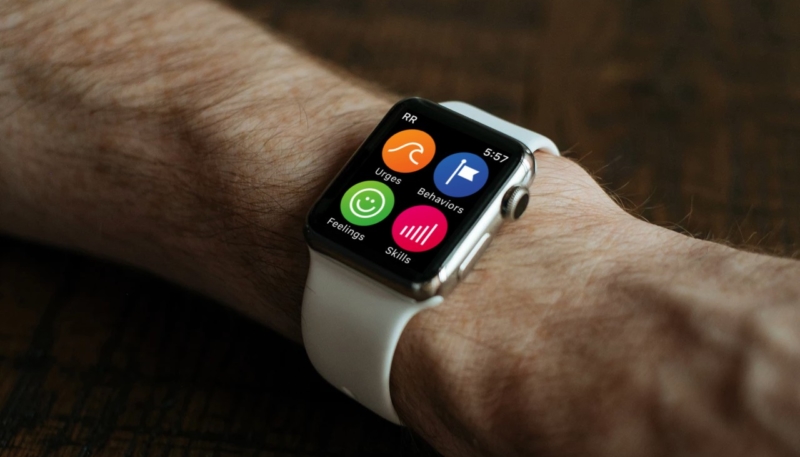CNBC reports Apple is donating 1,000 Apple Watches to a new study designed to track the biological changes faced by people with eating disorders.
The University of North Carolina’s medical school will soon be starting a study called BEGIN, which stands for Binge Eating Genetics Initiative, to better understand overeating. People with binge eating disorder often eat large amounts of food uncontrollably in a small period of time. Those who follow with compensatory behavior like purging or excessive exercise are typically diagnosed with bulimia nervosa.
The BEGIN (Binge Eating Genetics Initiative is designed to better understand people with binge eating disorders that often cause them to eat large amounts of food uncontrollably over a short period of time.
The National Association of Anorexia Nervosa and Associated Disorders says at least 30 million people in the United States suffer from an eating disorder.
1,000 participants, aged 18 years or older, will receive a free Apple Watch from Apple, allowing researchers to monitor their heart rate to observe any possible heart spikes prior to binge eating episodes.
Cynthia Bulik, founding director of the Center of Excellence for Eating Disorders at UNC and one of the researchers behind BEGIN, is hoping to recruit 1,000 participants, ages 18 or older, who have experience with either binge eating disorder or bulimia nervosa. Once they’re enrolled, they can sign up with a mobile app called Recovery Record, which is designed to help users log their thoughts and feelings in a digital format, and share that information with their doctor ahead of a session. It requires about 10 minutes a day of participation.
Participants will also be subjected to tests to analyze their genetics and bodily bacteria, so that the researchers can better understand the root causes of the disease. The researchers hope the study will aid them in predicting binge eating episodes before they begin, allowing them to someday alert study participants when they are at risk of binge eating.
“We’re interested to find out what happens in the time period leading up to the binge and the purge,” said Jenna Tregarthen, CEO of Recovery Record. “And we hope we can anticipate and ultimately change the course of that episode.”


